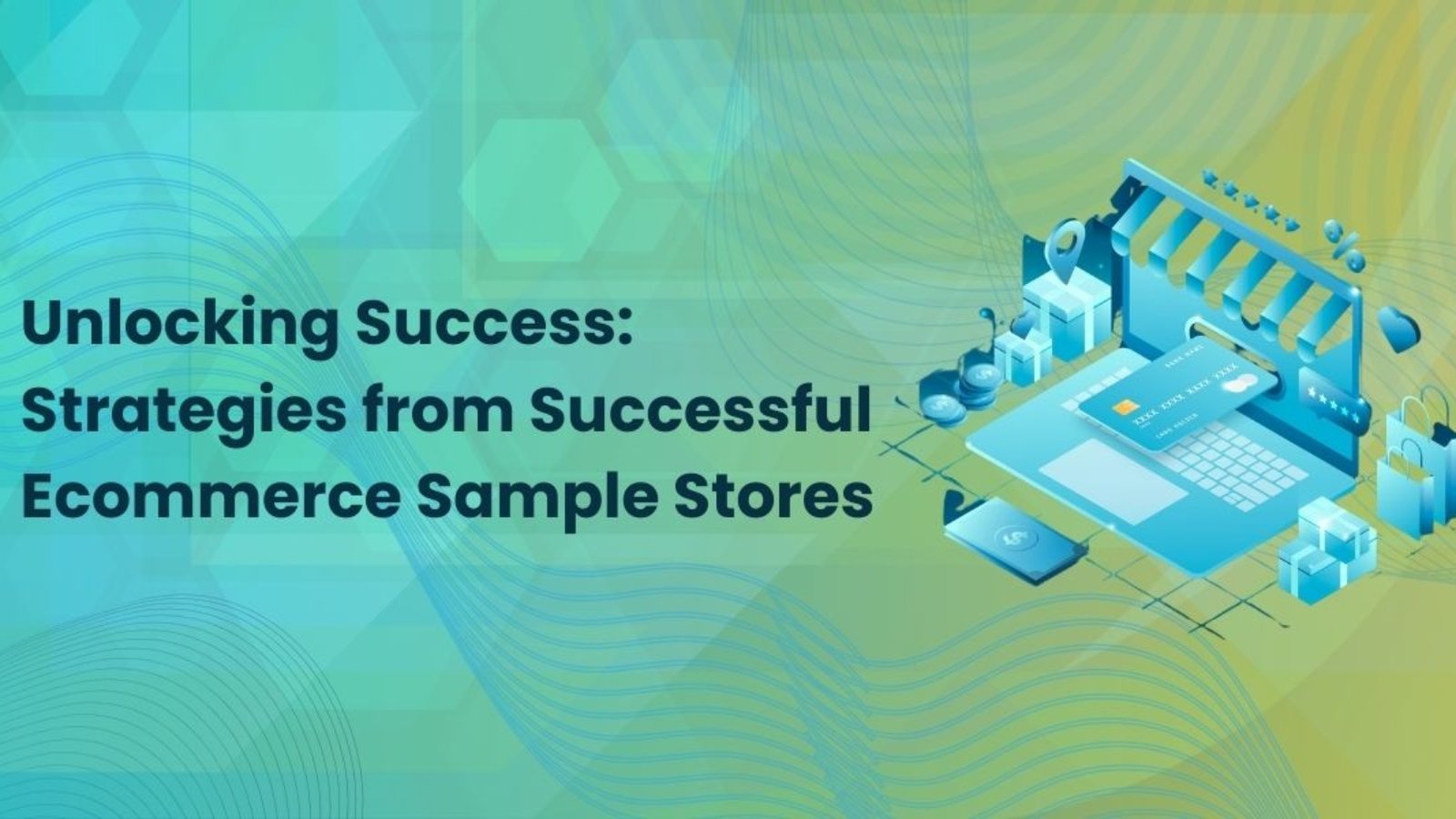In today’s digital age, establishing an online presence is not just an option; it’s essential for businesses aiming to excel. The explosion of the ecommerce landscape presents retail businesses—big and small—with unparalleled opportunities to connect with a global audience. This article explores the journeys of various ecommerce sample stores, illustrating how they tackled challenges, harnessed technology, and achieved remarkable success. Their stories underscore the endless possibilities within ecommerce.
The Evolution of Ecommerce: A Paradigm Shift for Retail
The transition from physical stores to digital platforms marks one of the most significant shifts in retail history. Ecommerce empowers businesses to operate around the clock, reach a worldwide customer base, and cut down on the costs associated with maintaining physical locations. Yet, the path to a successful online presence is filled with hurdles. By examining the experiences of various ecommerce sample stores, new entrants can gain valuable insights into navigating the complexities of online retail. Let’s delve into the stories of some standout ecommerce sample stores and their paths to success.
1. Glossier: From Blog to Beauty Powerhouse
Glossier, the beauty brand created by Emily Weiss, began as a blog named “Into the Gloss,” offering skincare advice, makeup tips, and industry interviews. The core of Glossier’s success lies in its community-driven strategy. By actively engaging with its audience and responding to their needs, Glossier developed products that truly resonated with its community.
Glossier’s evolution from a blog to an ecommerce sample store illustrates the power of leveraging content to build a loyal customer base. By prioritising customer feedback and maintaining an open dialogue, Glossier built a strong, community-oriented brand. Its ecommerce platform is sleek and user-friendly, contributing significantly to its global success.
2. Warby Parker: Revolutionising Eyewear
Warby Parker transformed the eyewear industry by offering high-quality glasses at a fraction of traditional retail prices. The founders noticed the inflated costs due to monopolistic practices and decided to create a more affordable option. Warby Parker’s innovative ecommerce model allowed customers to select five frames online for a free home trial before making a purchase.
Warby Parker’s success as an ecommerce sample store highlights the impact of addressing consumer pain points. By eliminating intermediaries, Warby Parker provided significant cost savings to customers. This approach not only disrupted the market but also fostered a loyal customer base appreciative of both affordability and convenience. The brand’s ecommerce platform continues to be a crucial part of its strategy, seamlessly integrating online and offline shopping experiences.
3. Allbirds: Eco-Friendly Footwear for the Conscious Consumer
Allbirds began with a straightforward concept: create comfortable, sustainable shoes. Founded by Tim Brown and Joey Zwillinger, the company uses natural materials like merino wool and eucalyptus tree fibre to produce environmentally friendly footwear.
As an ecommerce sample store, Allbirds demonstrates how a brand can build its identity around sustainability. Through its online platform, Allbirds emphasises the environmental benefits of its products, attracting a dedicated base of eco-conscious consumers. The brand’s website is visually appealing and easy to navigate, showcasing its unique value proposition—comfortable, stylish, and sustainable footwear.
4. Casper: Disrupting the Mattress Market
Casper, a direct-to-consumer mattress company, revolutionised mattress shopping by offering a single high-quality model online. Customers could try the mattress for 100 nights and return it for free if unsatisfied.
Casper’s story as an ecommerce sample store shows how simplifying the customer experience can disrupt an industry. The brand’s success stems from its transparent pricing, user-friendly website, and compelling brand narrative. Casper also employed data-driven marketing strategies to effectively reach potential customers. Its success illustrates how innovative ecommerce approaches can reshape consumer expectations and habits.
5. Gymshark: From Garage Startup to Global Brand
Gymshark, a fitness apparel brand founded by Ben Francis in a UK garage, has evolved into a multimillion-dollar global brand. The company’s success is largely due to its effective use of social media and influencer marketing. Gymshark recognized the potential of platforms like Instagram and YouTube to engage fitness enthusiasts.
Gymshark’s journey as an ecommerce sample store underscores the importance of digital marketing and community building. By creating engaging content and partnering with fitness influencers, Gymshark built a strong connection with its audience. The brand’s ecommerce platform is mobile-friendly and visually appealing, enhancing the shopping experience and contributing to its global reach.
6. Bonobos: Leading the Online-Only Retail Model
Bonobos began with a focus on creating better-fitting pants for men. Founders Andy Dunn and Brian Spaly identified a market gap and launched the brand as an online-only retailer, paving the way for other ecommerce businesses.
Bonobos’ success as an ecommerce sample store highlights the significance of a strong value proposition and exceptional customer experience. The brand offered free returns and introduced the “guideshop” concept, allowing customers to try on clothes before ordering online. This innovative approach built trust and established a strong online presence for Bonobos.
Embracing the Ecommerce Revolution
The success stories of these ecommerce sample stores reveal diverse strategies for thriving in the online marketplace. Whether through community engagement like Glossier, disruptive models like Warby Parker, sustainability like Allbirds, simplified experiences like Casper, digital marketing like Gymshark, or innovative online-only models like Bonobos, there are many paths to ecommerce success.
For businesses considering an online shift, these examples offer valuable lessons and inspiration. The journey to ecommerce success involves understanding your target audience, embracing innovation, and adapting to market changes. By learning from these ecommerce sample stores, you can pave your own path to success and harness the vast potential of the digital marketplace. Now is the time to dive into ecommerce and build a business that excels in the digital era.
By leveraging these insights and adopting a strategic approach, retail businesses can unlock new growth opportunities, expand their reach, and achieve enduring success in the world of ecommerce.

Add a Comment